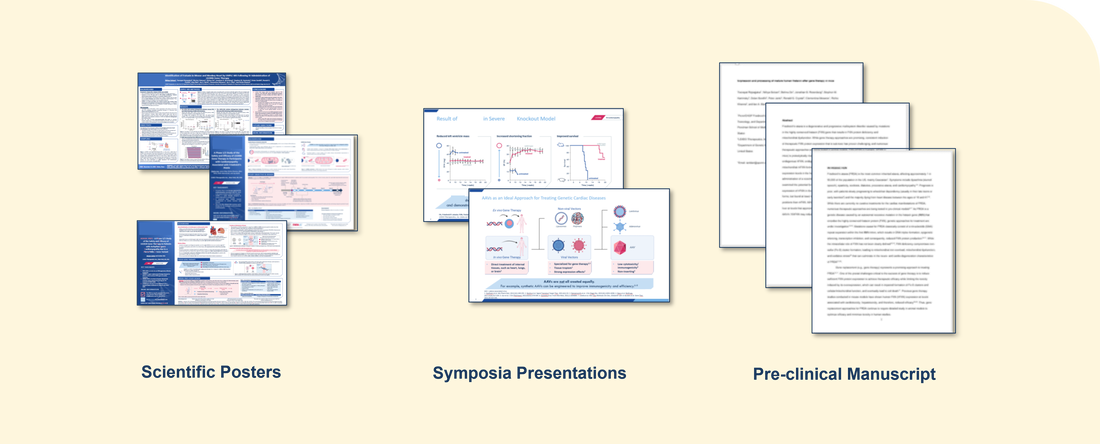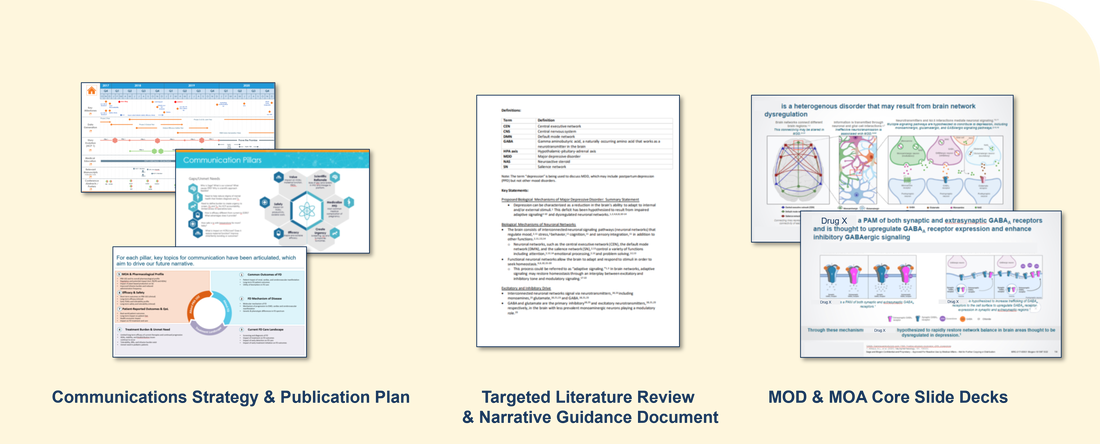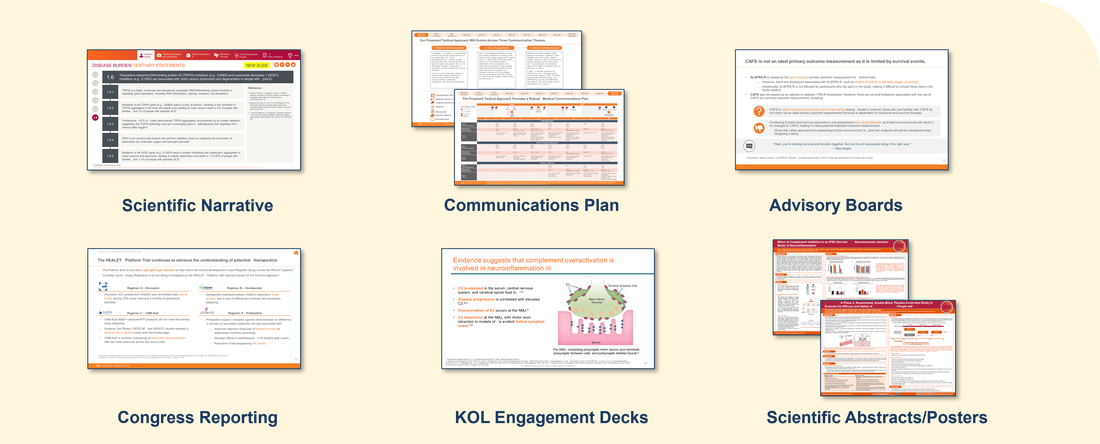Scenario.
The Ask.
Our Solution and Value Delivered.Given Client was new to the gene therapy space and was ramping up engagement with key stakeholders, it was critical that there was internal alignment when describing their assets and scientific narratives to external audiences. Additionally, it was crucial to articulate their unique MoA, as well as differentiate themselves within an evolving market.
Meet The Authors.
0 Comments
Scenario.
The Ask.
Our Solution and Value Delivered.In order to change an established paradigm, especially one in a crowded therapeutic space, it’s critical to understand the needs of the audience and ensure that any communications resonate with that audience. Effective communication is about the story we want the audience to hear and understand, not simply about the information we want to tell them. Therefore, we took a strategic approach to communication and the subsequent materials that were developed to disseminate Client’s story and shift treatment practices.
Meet the Authors.Scenario.
The Ask.
Our Solution and Value Delivered.It was critical for Client to map out their desired scientific narrative for their therapy in this indication before starting to disseminate information and clinical data. Given the skepticism around their unique MOA, understanding the perceptions of academics and KOLs helped guide their decision-making. Additionally, traditional initiatives were too cost-prohibitive, requiring us to identify and partner on the most strategically relevant and highest ROI activities:
Overall, the approach involved iterative refinement of communication strategies through engagement with KOLs, scientific poster presentations, and gathering feedback to ensure alignment with stakeholder needs and scientific developments. Meet The Authors |
Looking for a specific example? Reach Out
|








